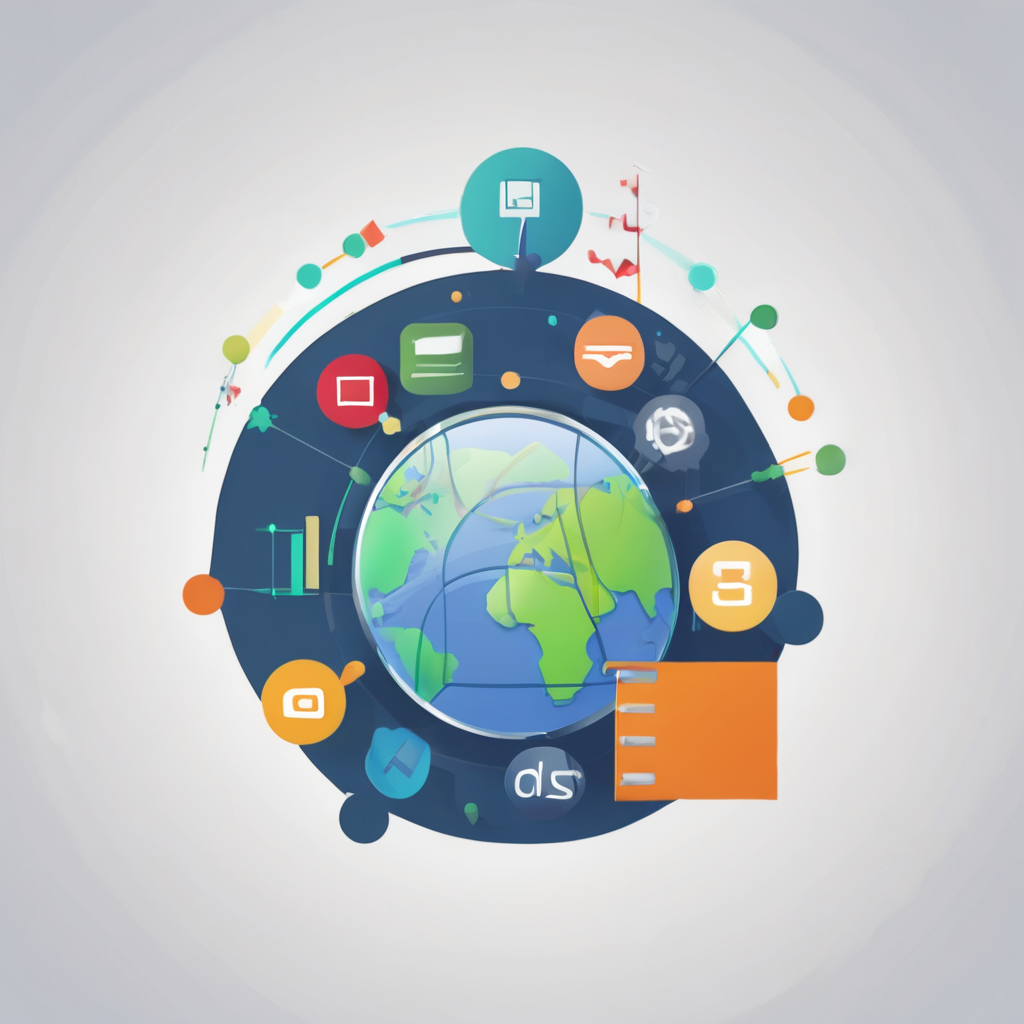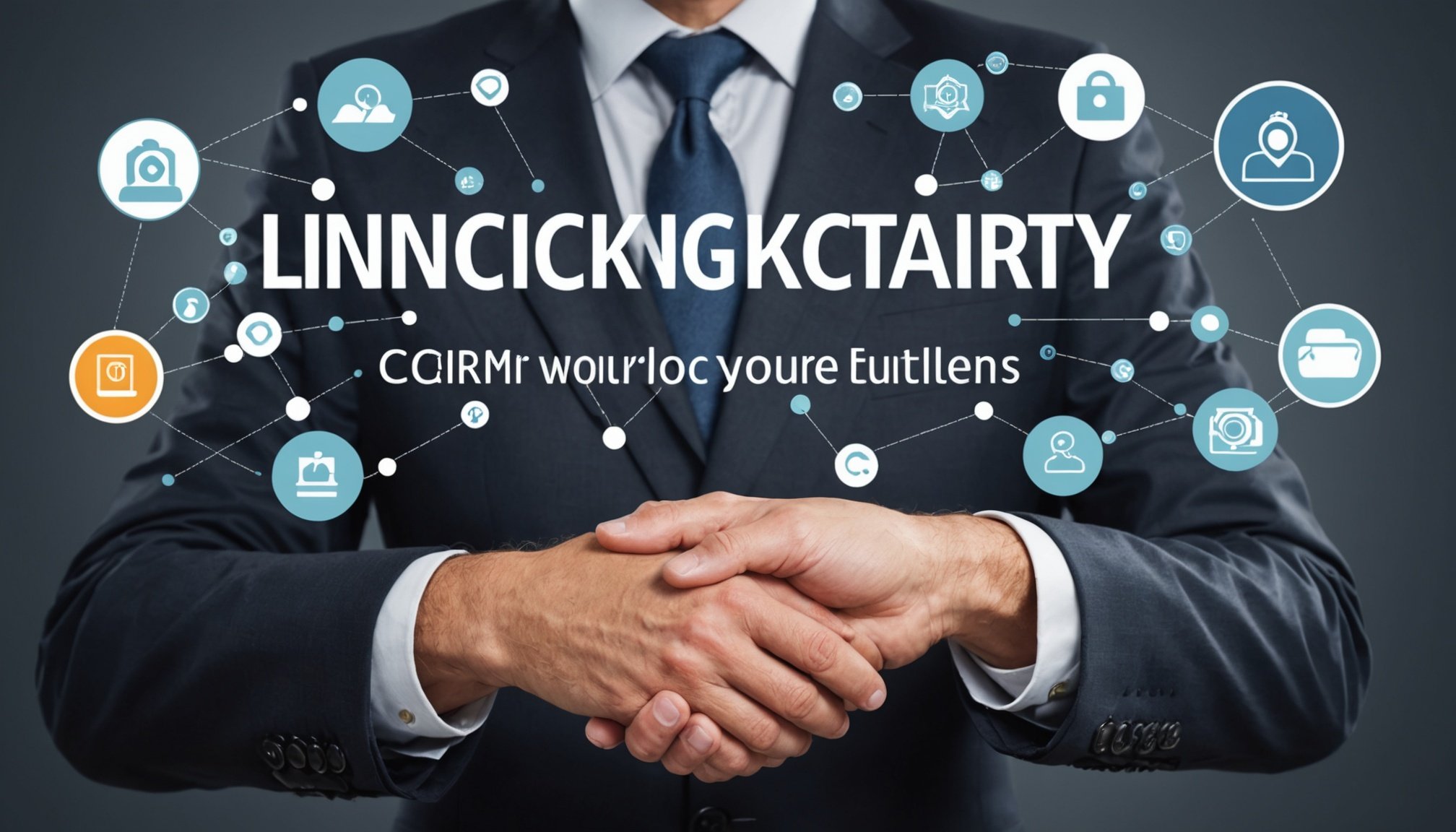Understanding Client Loyalty
Client loyalty is a critical component for any successful business, ensuring sustainable growth and competitive advantage. At its core, customer loyalty refers to the likelihood of customers to continue purchasing from and engaging with a particular company. This not only translates into repeat sales but also influences brand reputation and long-term profitability.
Several factors influence client loyalty in today’s dynamic market. A company’s ability to adapt is paramount, as evolving consumer trends and expectations drive change. Offerings such as comprehensive loyalty programs play a significant role, enticing customers to return. These programs often include incentives or rewards that add value to the consumer experience.
Furthermore, the role of customer experience cannot be overstated when discussing loyalty. A positive, seamless, and personalised interaction enhances overall satisfaction and fosters long-term relationships. Companies that prioritise memorable experiences tend to see improved client retention rates. This is where businesses should focus their efforts, as satisfied customers are more likely to remain loyal, recommend the brand to others, and generate additional revenue. Understand that enhancing every interaction point with the consumer is key to building robust loyalty that stands the test of time.
Advanced CRM Strategies
In the realm of customer relationship management (CRM), strategies have evolved to create more engaging client experiences. Implementing advanced CRM strategies is essential for fostering better client engagement. By focusing on personalisation and automation, businesses can tailor experiences that resonate with individual customer needs. For instance, CRM tools assist in tracking interactions and preferences, allowing companies to adapt their approaches accordingly.
When selecting CRM software, business leaders should pay attention to key features such as data integration capabilities, automation tools, and user-friendly interfaces. These elements play a pivotal role in enhancing loyalty by providing actionable insights and streamlining communications. Leading companies, like Amazon, leverage advanced CRM strategies to maintain high standards of customer engagement and satisfaction.
Examples of successful CRM strategies include personalised marketing campaigns based on customer behaviour analytics. Additionally, some businesses deploy automated follow-up sequences to maintain continuous engagement with clients. Such practices highlight the effectiveness of CRM tools in nurturing client relationships.
By dedicating resources to developing and implementing effective CRM strategies, companies can strengthen their client retention and loyalty. Embrace these technologies to stay ahead in the competitive market. Advanced CRM strategies provide not just solutions but substantial benefits that directly impact business growth.
Transforming Customer Interactions
Personalising customer interactions is crucial for fostering loyalty. By integrating CRM systems, businesses can tailor interactions to meet unique customer needs. Techniques like personalised messaging and customised product recommendations enhance engagement. These methods utilise data collected through CRM to create memorable, individualised experiences, building stronger client bonds.
Collecting and analysing client feedback is another vital practice. Feedback offers direct insight into customer satisfaction, preferences, and areas for improvement. This information is pivotal for refining services and enhancing overall customer experience. CRM tools often include survey functionalities, streamlining feedback collection and analysis, thus allowing for timely, responsive actions.
Improving communication channels with clients is essential in maintaining robust relationships. Diverse methods such as email, chatbots, and social media ensure seamless, accessible communication. CRM systems can centralise these interactions, ensuring consistent messaging and efficient response times. This integrated approach helps businesses maintain a cohesive brand voice and promptly address customer needs.
Enhanced communication not only resolves issues swiftly but also encourages customers to remain engaged and loyal. Embracing these strategies transforms interactions, ensuring clients feel valued and understood, ultimately contributing to sustained business success.
Metrics for Measuring Loyalty
Understanding and measuring loyalty metrics is crucial for assessing customer commitment. Key performance indicators (KPIs) such as customer satisfaction scores and retention rates provide valuable insights. These metrics reveal how well companies are maintaining relationships and meeting client expectations. For example, customer satisfaction surveys can gauge how delighted clients are with products or services, directly influencing loyalty.
Methods like Net Promoter Score (NPS) assess a customer’s likelihood to recommend a company. This not only measures satisfaction but also predicts future loyalty. Additionally, tracking customer retention rates helps identify the percentage of repeat buyers, highlighting effective retention strategies.
To effectively measure these metrics, businesses employ various tools and technologies. CRM software often includes features for real-time tracking and analysis of loyalty metrics. Analytics platforms can further dissect data, offering nuanced understandings of client behaviour trends. These insights empower businesses to refine services and foster satisfaction.
Regularly evaluating these metrics enables companies to adjust strategies, ensuring they consistently meet client needs. By leveraging tools and understanding loyalty indicators, businesses can enhance their ability to maintain long-standing customer relationships, ultimately driving growth and stability.
Case Studies and Success Stories
Exploring CRM success stories provides invaluable insights into effective strategies that enhance client loyalty and retention. Client testimonials often highlight the qualitative benefits that technology brings to customer relationship management.
One notable case is Starbucks, which leveraged CRM systems to personalise customer interactions. By analysing purchase history and preferences, Starbucks delivers tailored recommendations and promotions, significantly boosting customer loyalty. Through these strategies, the company not only strengthened its brand but also saw an increase in repeat purchases.
Another example is Hilton Hotels, which improved loyalty through its CRM by focusing on enhanced guest experiences. By integrating CRM with mobile apps, Hilton offers personalised services such as room selection and digital check-ins. This not only elevated guest satisfaction but also increased client retention.
Feedback from satisfied customers concurs that CRM aids in delivering a seamless experience, fostering loyalty. Testimonials reveal that clients appreciate the customisation and instant support facilitated by CRM tools. The success stories from these brands exemplify how effective implementation of CRM strategies can bring about significant business growth and enhance long-term customer relationships.
Understanding these real-world applications provides businesses with pragmatic paths to harness CRM potential.
Tools Supporting CRM Strategies
In the realm of customer relationship management, businesses leverage various tools to enhance client loyalty. The integration of CRM tools streamlines operations, facilitating more personalised and efficient client engagement. Popular platforms like Salesforce and HubSpot offer comprehensive solutions that support customised communication, tracking customer interactions, and automating marketing efforts.
The use of marketing automation tools within CRM systems is crucial for maintaining customer relationships. These tools enable businesses to tailor content and automate processes like follow-up emails, driving more meaningful client engagement. For instance, using automated workflows, companies can ensure timely responses to client queries, enhancing satisfaction and loyalty.
Analytics software plays a pivotal role in understanding customer behaviour, offering data-driven insights that guide decision-making. By analysing customer interactions, businesses can identify patterns and preferences, allowing for more targeted marketing strategies. Tools such as Google Analytics and Tableau provide dashboards and reports that are essential for assessing campaign effectiveness and customer loyalty trends.
Employing a combination of these technologies helps companies stay ahead in the competitive market. Understanding the capabilities and benefits of CRM tools and integrated solutions allows businesses to optimise strategies, ensuring they meet the evolving needs of their customers.
Expert Insights and Interviews
Gain valuable expert insights from industry leaders to bolster your CRM strategies. Interviews with CRM professionals reveal best practices for enhancing client loyalty.
One prominent CRM thought leader, for example, emphasises the importance of integrating personalisation within CRM systems. Through personalised communication and tailored marketing strategies, businesses can forge deeper connections with their customers, driving increased satisfaction and loyalty. Key insights suggest utilising customer data to structure bespoke experiences, which can significantly impact client retention.
Industry leaders also stress the importance of staying abreast of technological advancements. Embracing automation and AI-driven analytics allows for more efficient client management and engagement. These technologies enable businesses to predict trends and behaviours, offering preemptive solutions to complex client needs.
Thought leaders recommend ongoing training for CRM teams. Skilled employees who understand CRM functionalities are integral to implementing successful strategies. As such, investing in professional development enhances both team performance and client experiences.
In conclusion, gleaning insights from experts offers businesses robust, future-focused strategies that align with evolving market demands. Embrace these recommendations to secure a competitive edge in developing CRM strategies that maximise client value.











